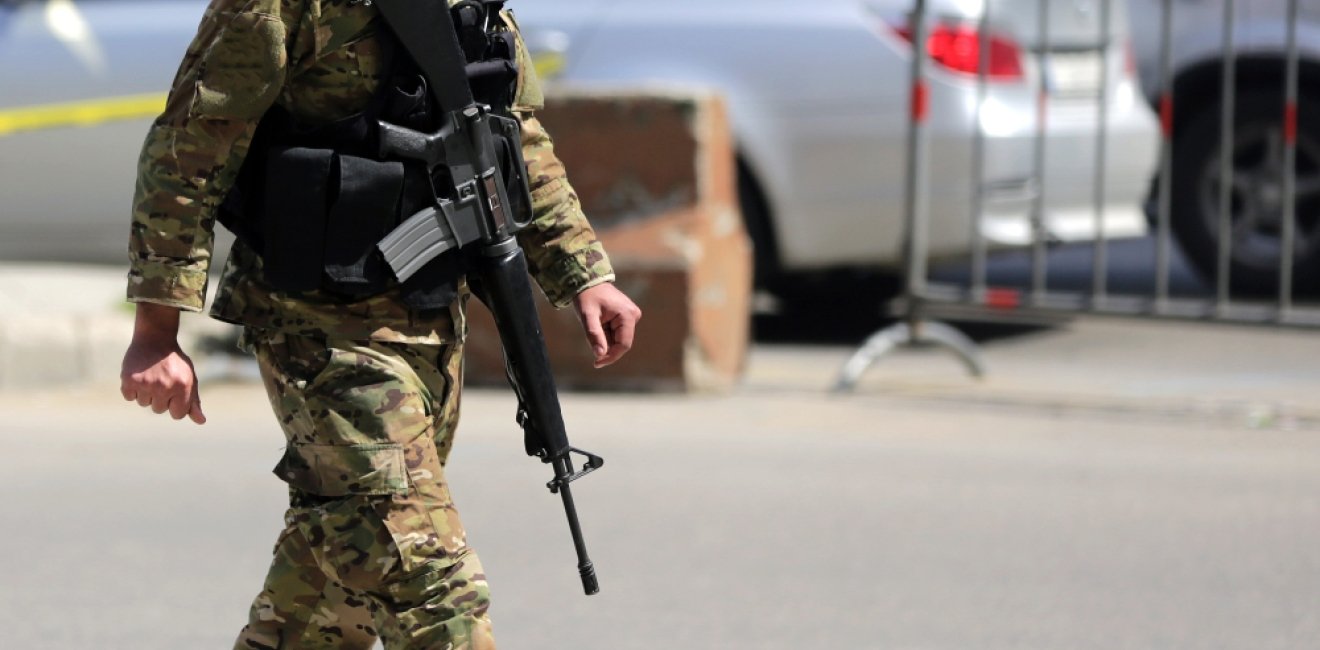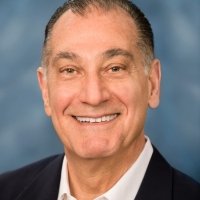Two people were killed in an exchange of gunfire on August 9, in Kahaleh, Lebanon—a Christian village near the capital Beirut—when a truck full of ammunition overturned. The truck was being driven by operatives of Hezbollah, the Iran-backed Shiite political party that maintains its own armed militia, which is illegal under Lebanese and international law. Hezbollah has come to wield extensive political influence in Lebanon through financial and social welfare networks that operate as a state within a state, and it is known to be more powerful even than the Lebanese Armed Forces (LAF).
The LAF’s actions following the deadly shootout are a good indication that the US security investment is bearing fruit.
The LAF, considered by many to be the only functioning institution in Lebanon, thanks to a very successful US assistance program to train and equip it, stepped in to calm the situation and take control of the truck’s cargo. Caretaker Interior Minister Bassam Mawlawi stressed that "constant coordination with the army is underway to ensure the safety of citizens, because the people only want the protection of the legitimate army [as opposed to protection from Hezbollah]." The LAF’s actions following the deadly shootout are a good indication that the US security investment is bearing fruit: the LAF was able to deescalate the situation and prove its competence, without being bullied by political operatives, and ensure that the illicit ammunition was properly impounded and citizens protected.
Lebanon reacts
Virulent reactions to the incident and to Hezbollah’s dangerous transport of a military arsenal suggest an inflection point. Immediately after the incident, Lebanese officials from across the political spectrum expressed public indignation in the face of Hezbollah’s threats and illegal activities.
This comes at a time when Hezbollah’s popularity, amidst the stifling economic conditions afflicting the country, has been waning, with public anger and discontent directed against the party and its policies.
Head of the Maronite Catholic Church, Cardinal Rai, said in reference to the Kahaleh incident, “It is not possible to live on one land with more than one state, more than one legitimate army, more than one authority and more than one sovereignty.” Samir Geagea, head of the Lebanese Forces party, said “The incident showed that there is a vast majority of Lebanese who now have utmost sensitivity towards Hezbollah and its practices.” Another opposition parliamentarian, Ragy el Saad, remarked, echoing others, that, “What happened in (Kahaleh) is totally unacceptable…” reiterating demands to give the Lebanese Armed Forces expanded powers to protect the state. As the Kahaleh incident evolves, the Lebanese people and LAF will be challenged to work together against destabilizing forces who care more about the status quo thank moving Lebanon forward.
This comes at a time when Hezbollah’s popularity, amidst the stifling economic conditions afflicting the country, has been waning, with public anger and discontent directed against the party and its policies. This shift was most evident in the parliamentary elections of 2022, which dealt a serious blow to Hezbollah and its allies. This presents an opportunity for the US to double down on its support for a democratic, pluralistic, and sovereign Lebanon, as well as address threats to US allies in the region by Iran and its proxy.
The LAF’s role and track record in ensuring Lebanon’s stability and sovereignty against US enemies, and a safer border between Israel and Lebanon, has proven to be cost effective, mainly due to US investments in building a strong and effective army. The LAF, broadly respected, has historically played an important role in promoting national unity and has tended to demonstrate neutrality and unique moderation during turmoil—a case in point was its restrained role in the October 2019 protests. It has also been instrumental in maintaining domestic security (despite not having complete jurisdiction in this responsibility), and in its counter-terrorism role, nurtured with US assistance, by containing transnational threats posed by groups like ISIS or Al-Qaeda. The US should increase its investment in the LAF.
More than the Army
But at the end of the day, US support and leadership must go beyond addressing military needs that ensure Lebanon’s stability and sovereignty. Given the country’s deteriorating economic and political conditions, a comprehensive soft-power program that strengthens American education would be timely, with increased US assistance in the health, energy, environmental and humanitarian sectors. Furthermore, nothing is more effective in promoting American values overseas than giving people an opportunity to learn from the American experience through educational, cultural, and commercial visits.
The US should invest in such programs that will strengthen a democratic and reform-minded Lebanon and support American institutions of higher education and US companies that provide needed equipment and services to address the urgent needs of the Lebanese people. The US cannot afford to cede such opportunities to malign powers like China and Russia, who are moving quickly to increase their involvement and influence in Lebanon and the region through such programs.
The Lebanese are imploring the US to lead in supporting their fight for democracy and the rule of law and for creating a better economic future for their children.
The Lebanese are imploring the US to lead in supporting their fight for democracy and the rule of law and for creating a better economic future for their children. The US should not miss this opportunity to act forcefully with increased military support for the LAF, together with more assertive soft power programs and diplomatic leadership in Lebanon and the region.
Edward Gabriel is the former US Ambassador to Morocco, 1997-2001 and currently the President of the American Task Force on Lebanon






